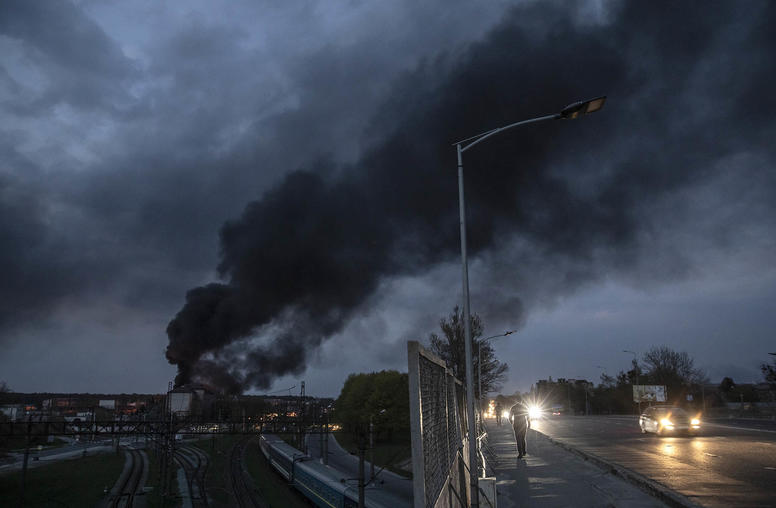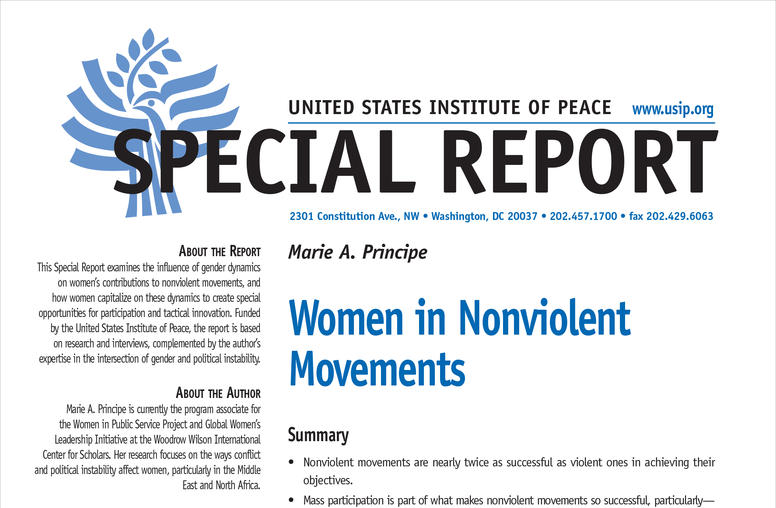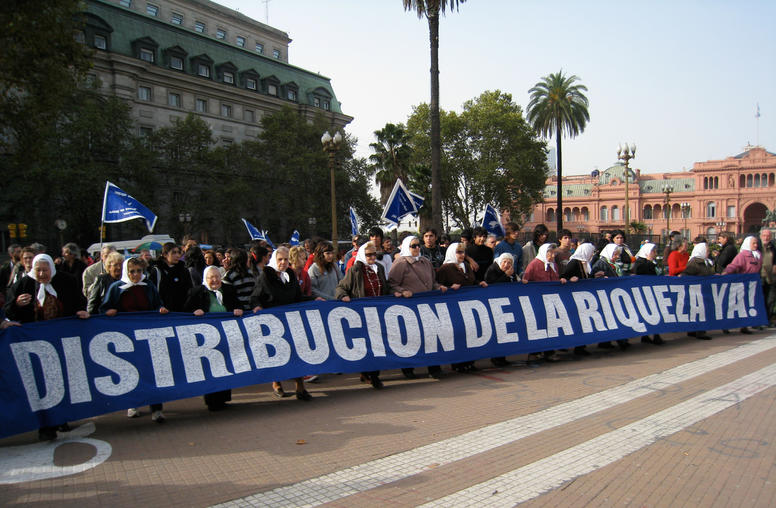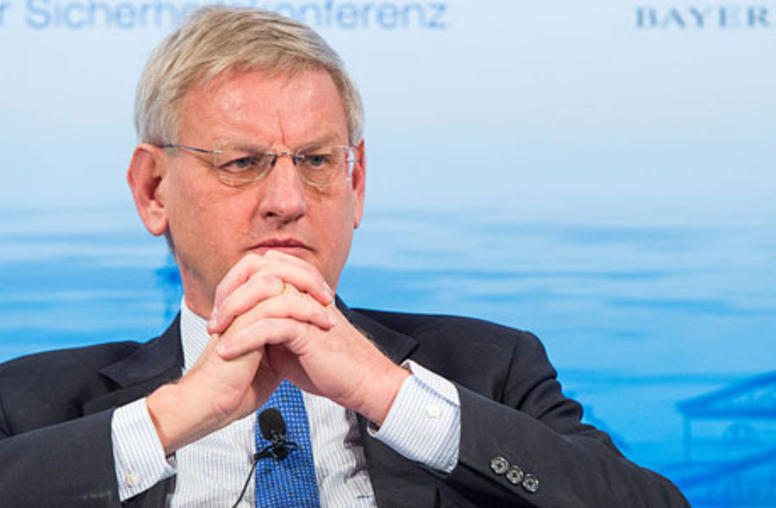Poland’s Liberals Strike Back
Here's how Poles are fighting back against their authoritarian-leaning new government.
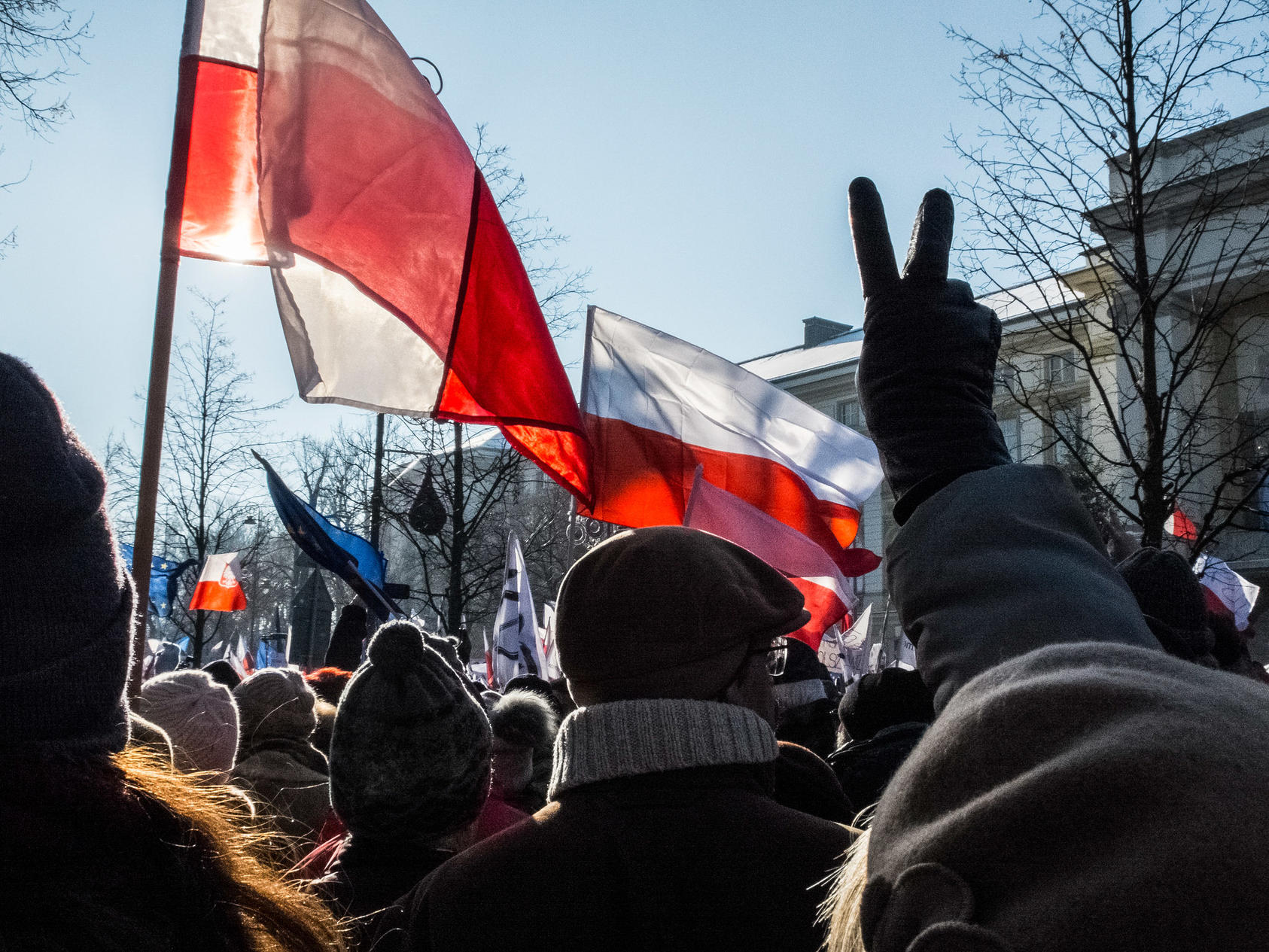
Foreign pressure on Poland’s new government is growing — and for good reason. Since taking power in November, the right-wing Law and Justice Party (PiS), which formed Poland’s first single-party government since 1989, has ridden roughshod over the institutions of this still-young democracy. PiS has enacted laws that changed parliamentary rules, undermined the independence of the Constitutional Tribunal, strengthened the government’s grip over public broadcasting (which the government rebranded “national media”), and expanded Internet and digital surveillance.
The foreign media wasted no time in sounding the alarm, warning of Poland’s “ruinous path” and calling for the country’s foreign allies to press its government to change course. And they have begun to respond. In early January, the EU Commission decided — for the first time ever — to launch a procedure to monitor the Polish government’s commitment to rule of law. The country’s relationship with Germany is in free-fall. During a recent visit, Daniel Fried, former U.S. ambassador to Poland, warned Warsaw against further undermining the rule of law.
But what of ordinary Poles? After all, this is the country that gave birth to one of the twentieth century’s most consequential anti-authoritarian movements: the Solidarity trade union that peacefully challenged — and eventually brought down — the communist system. Since then, Poland has regained its rightful place in the center of a prosperous and democratic Europe. Surely its people won’t let these achievements go to waste?
Indeed, PiS faced opposition not long after it took absolute control of parliament last November and initiated its assault on the independence of the Constitutional Tribunal. The first to protest were legal scholars, lawyers and judges, who issued public statements warning that the new government was undermining the constitution.
But as the new government’s outrages have continued, the opposition has moved to the streets. A new organization — The Committee in Defense of Democracy (KOD) — has emerged as the backbone of Poland’s new democracy movement. In its founding principles and its plan of action, the KOD is clearly positioning itself as the heir to the 1976 Committee in Defense of Workers (KOR), a precursor to the 10-million-strong Solidarity movement.
Led predominantly by educated urbanites, the KOD has played a key role in channeling Poles’ growing discontent about their new government’s creeping authoritarianism. Its success in mobilizing the Polish middle class — which has been quiet and generally satisfied with the social and economic gains of the last decade — has been both surprising and inspiring.
But it faces serious challenges — particularly in diversifying its participation base. Ordinary workers and farmers are nowhere to be seen in KOD-organized demonstrations. Nor are younger, left-leaning Poles, who have shown little enthusiasm for shifting their energy from social issues to the fight for liberal democracy. Nor does the Catholic Church — a bulwark of the anti-communist movement — support the organization. In fact, this time, the church is on the other side of the barricades. Unless the KOD can figure out a way to replicate the broad appeal of its anti-communist predecessor, there is little chance that its actions, no matter how inspiring, will succeed in diverting the country’s dangerous path.
The KOD’s roots in the previous generation of Polish activism are clear. It was a former Solidarity activist and KOR collaborator, Krzysztof Lozinski, who first called for its establishment and sketched out how it should operate. Its spokespeople, he wrote in an online op-ed in November, should be recognized and respected public figures. Among its main activities, he suggested, should be to write open letters, collect signatures, create reports, lead public discussions, organize peaceful demonstrations, and expose government misinformation. He concluded by saying that this was not a task for “retirees,” implying that the younger generation must step in to lead the resistance.
Lozinski’s call was picked up by Mateusz Kijowski, a 48-year old civic activist, who shared it on Facebook. The idea quickly went viral, and, sensing momentum, Kijowski set up a KOD group on the site. Within three days, it had close to 30,000 members. On November 26, in the KOD’s first public action, several hundred supporters rallied at the Dramatic Theater in Warsaw. They agreed to register KOD as a legal entity and to create sub-committees to direct its activities, including street protests, media, and legal aid. By that point, Kijowski had become recognized as the initiative’s leader.
KOD’s first large demonstration took place on December 12 in support of the Constitutional Tribunal, where it mobilized an estimated 50,000 Poles to come onto the streets with Polish and EU flags in Warsaw and other cities. Many carried signs that read “This is Warsaw, not Budapest,” a reference to the anti-democratic tactics of Hungarian Prime Minister Viktor Orban.
It helped that, in an interview with the right-leaning conservative TV Republika, PiS chairman Jaroslaw Kaczynski called the growing criticism of his government part of “a horrible tradition of national treason” perpetuated by “Poles of the worst sort.” In a sarcastic response, demonstrators wore T-shirts with “the worst sort of Poles” in bold print.
On December 19, KOD again led tens of thousands in demonstrations all over Poland and in front of the Polish embassies in a number of European capitals. The media burst with headlines that a new force had awakened in the land known for its rebellious nature.
More KOD-led protests took place in early and late January, and a number of well-known actors, musicians, artists and other public figures, among them film director Agnieszka Holland (who directed two episodes of House of Cards), joined the demonstrations.
Although a majority of Poles think that their country’s democracy is under threat, PiS is still popular, with recent polls estimating its support at between 32 and 38 percent. Its continued backing by the powerful Catholic Church, the main trade union leadership, and the conservative and nationalist media show that the KOD’s struggle against the ruling party is taking place in a deeply polarized society. The group’s opponents perceive it as too economically and culturally liberal, too secular, and too pro-European, arguing that it represents the disgruntled supporters of Citizen Platform, the liberal party that was soundly defeated in the recent elections.
A number of well-known Solidarity figures have joined KOD demonstrations or expressed public support. Lech Walesa himself — the iconic Solidarity co-founder and Poland’s first post-Communist president — has not hidden his sympathies, appealing to Poles to join existing political organizations or build their own (though he has not joined KOD). Poles, he argued, should defend their freedom, which was “hard-won and is now being wasted.”
The KOD’s major task ahead is to orient its struggle towards a new vision of constitutional democracy that is inclusive enough to accommodate both free market liberals and social welfare advocates, and that would attract the active participation of both youth and older activists. It has yet to convince many Poles that it can offer not just basic support for democratic principles, but a new vision of social and economic inclusivity. It is also crucial to develop a coherent strategy, as even Poles who support the KOD will soon start to question the effectiveness of protests that, so far, seem to have changed little.
At the moment, the KOD seems to be focused on long-term civic education while periodically organizing marches. It’s essential for the group to diversify its tactics. In particular, it should focus on putting more direct pressure on the government. For example, it could consider Walesa’s proposal to organize a national referendum on shortening the term of the current parliament — an idea it has not embraced. Or, it could support a call by Wlodzimierz Cimoszewicz, a former prime minister and foreign minister, for the entire judicial system to go on strike.
Lawyers have not been enthusiastic about this idea, fearing it would undermine rather than reinforce the rule of law. Less risky tactics, as identified by Gene Sharp, a prominent scholar of nonviolent action, might include calling in sick, taking vacation time, or working slowly to the point of non-productivity. Thousands of essential legal professionals participating in a coordinated “non-strike strike” could send the government a powerful message.
There’s also the risk of sharper conflict. If Kaczynski feels sufficiently threatened, he might attempt to confront anti-government demonstrations directly. While in the opposition, PiS regularly mobilized pro-nationalist, conservative and ultra-Catholic groups to come onto the streets. Recognizing the danger of street confrontations between pro and anti-government forces, the KOD’s leader, Kijowski, has urged its members to maintain nonviolent discipline: “We cannot be provoked and we cannot provoke.”
While the KOD has helped channel the public’s growing discontent into concrete actions, the movement will need to grow in depth and diversity in order to move Poland back towards democracy. As Cimoszewicz insisted, “No one will defend law and democracy in our country if we do not do it ourselves.”
Reposted with permission from ForeignPolicy.com, Source: “Poland’s Liberals Strike Back"
